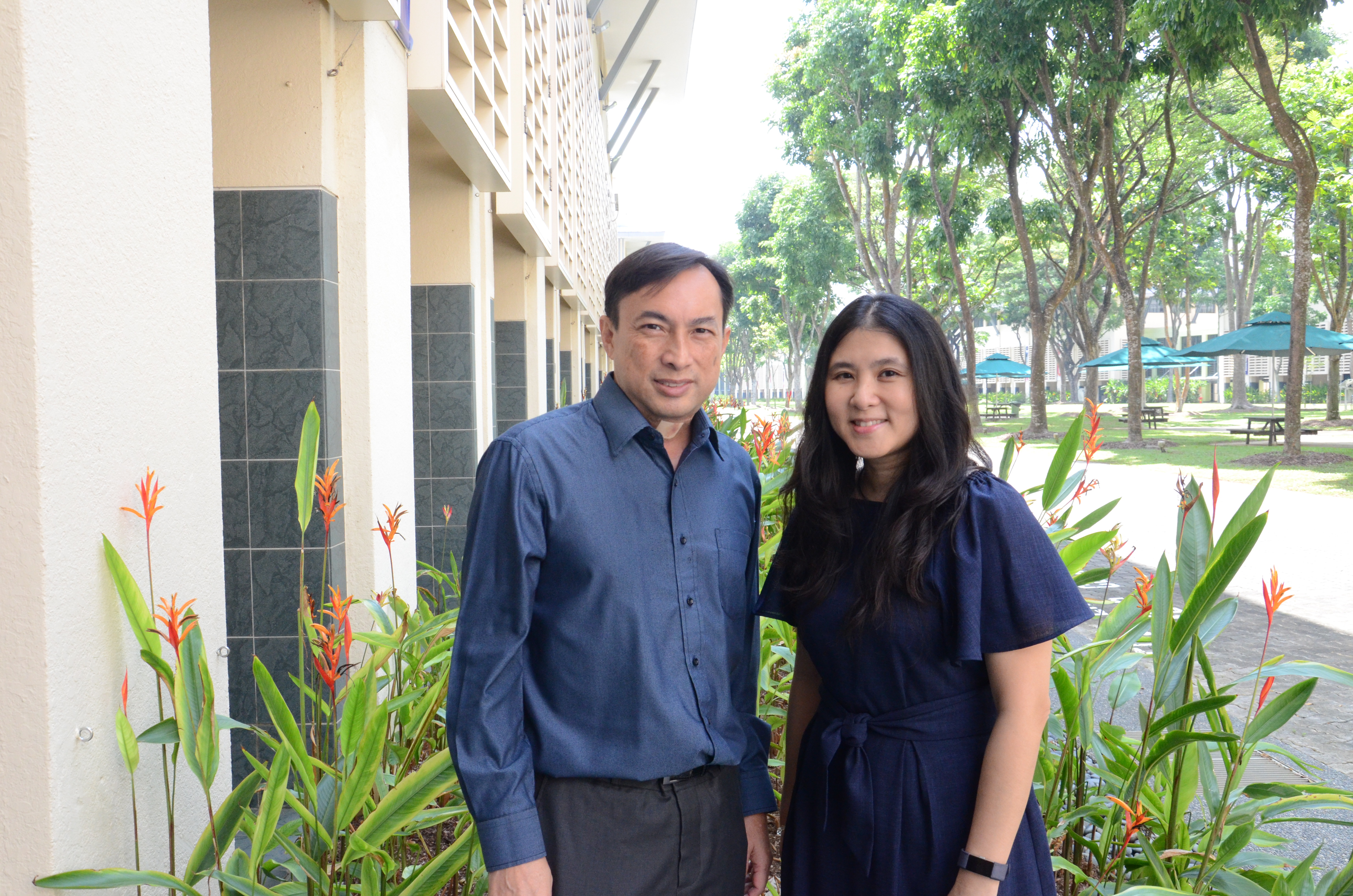Young Children’s Voices in Mathematical Problem Solving
Contributed by Dr Ho Siew Yin and Sng Wei Qin Abbie, from NTUC First Campus, for SingTeach Virtual […]
Read More

Guest Editors Associate Professor Kelvin Tan and Dr Wong Hwei Ming
Mention “assessment” and all too often, it is only associated with examinations and tests which are useful for ranking and placement purposes. With the recent changes in assessment announced by Ministry of Education such as the removal of mid-year examinations during transitional years, another – often overlooked but no less important – purpose of assessment is now brought to the forefront.
Assessment is also about supporting and enhancing students’ learning where learning is the focus of assessment. As Education Minister Ong Ye Kung aptly puts, “before it (exams) smothers us, we need to start to withdraw it somewhat, and focus on the true spirit of learning”. In a nutshell, Assessment for Learning (AfL) is all about informing students of their progress in order to empower them to take the necessary action to improve their performance. AfL puts the ownership of learning back into the hands of students.
In this issue of SingTeach, we explore how and why AfL is learning for life, beyond marks and grades. The Big Idea article, Assessment beyond Tests and Examinations, will further unravel the what, why and how of AfL, and how it affects both teaching and learning.
The rest of the issue feature voices from a researcher, school leader and two teachers on their experiences with AfL. The two feature articles in Classroom Perspectives will shed some light on assessment and feedback practices in the classroom. A researcher also shares his study in understanding teachers’ perceptions and practices of AfL in Singapore in the Research in Action section. In the People section, a school principal who is passionate about AfL shares how her school undergoes changes in their assessment practices. In one of the contribution articles, one teacher shares her ideas on how assessment can be practised in ways that are useful and effective.
Finally, we hope that you will be inspired to implement AfL in your classrooms and in your schools. We also hope that this issue will enable us to think further and deeper into how we use assessment to serve our students’ learning.